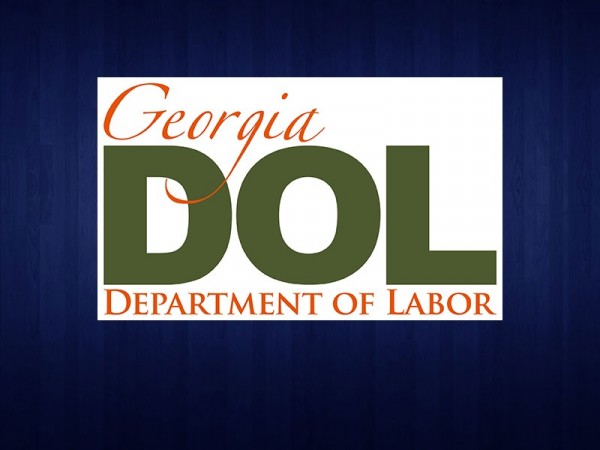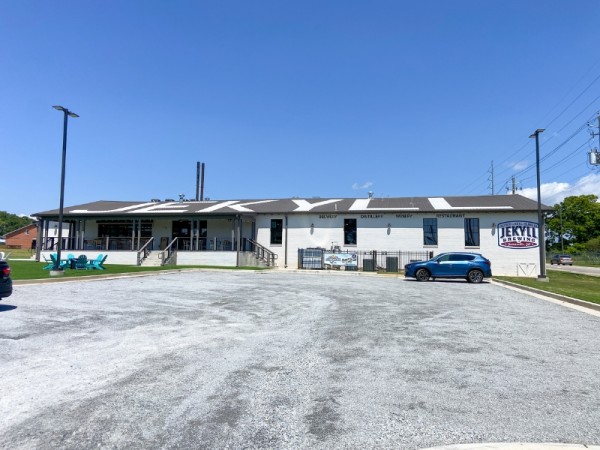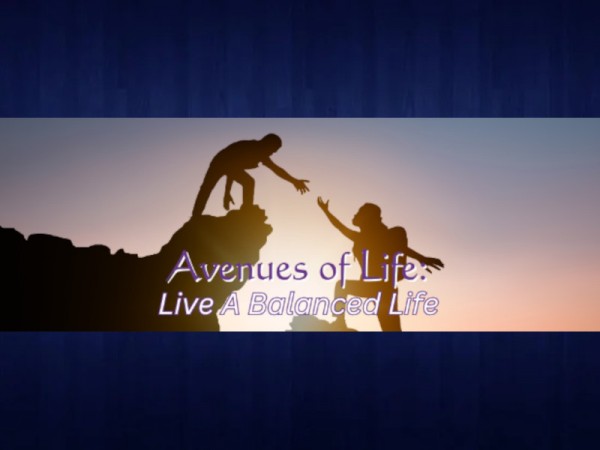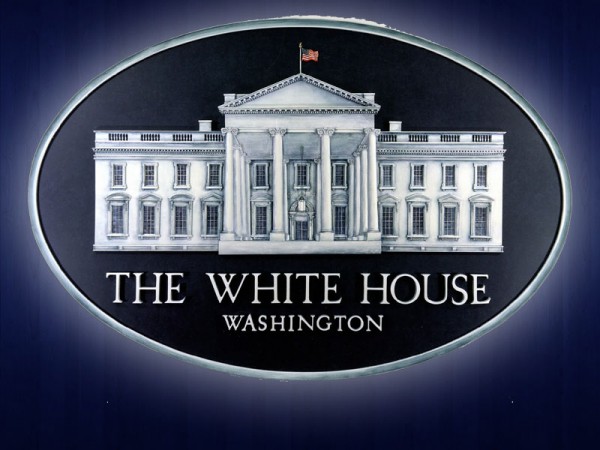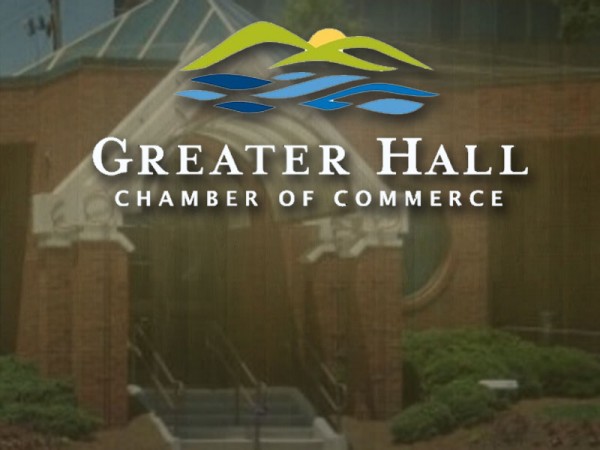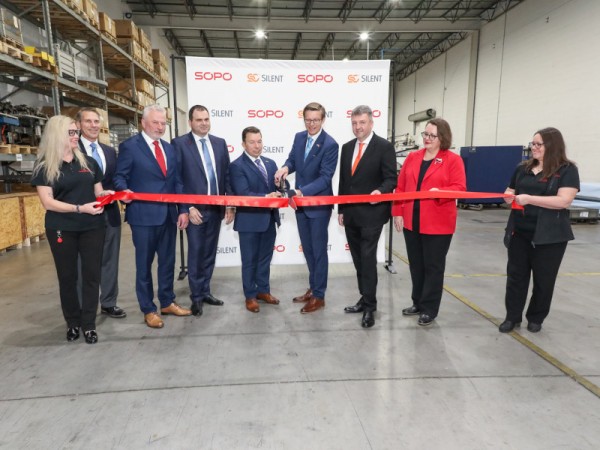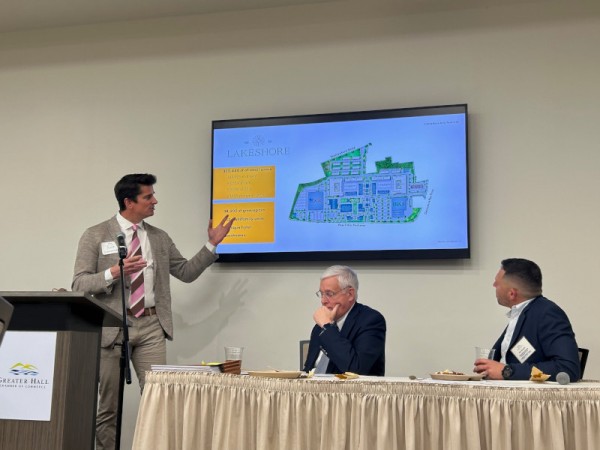WASHINGTON - Enron Corp. representatives met six times with Vice President Dick Cheney or his aides on the nation's energy policy, including a discussion in mid-October just before the company's sudden collapse.
In a letter to Congress, vice presidential counsel David Addington disclosed the number of meetings between the Bush White House and the former energy giant whose CEO, Ken Lay, has been among President Bush's top political supporters. The company became the largest bankruptcy in U.S. history on Dec. 2.
Rep. Henry Waxman, D-Calif., released the White House's Jan. 3 letter on Tuesday. He is seeking details of the meetings and information about any telephone calls or e-mails between the vice president's office and Enron.
For the past nine months, Cheney had refused to tell congressional Democrats Waxman and John Dingell of Michigan which power industry executives and lobbyists met with Cheney and his energy task force. The task force last May recommended expanded oil and gas drilling on public land and a rejuvenated nuclear power system.
The task force went out of existence Sept. 30.
"An employee of the vice president's staff ... met on Oct. 10, 2001, with Enron representatives and reports that they discussed energy policy matters and did not discuss information concerning the financial position of the Enron Corp.," the letter from Cheney's counsel said.
On Oct. 16, Enron announced huge losses, the first in a series of admissions that eventually drove down the price of the company's stock to less than a dollar a share.
Addington said Enron's financial condition wasn't discussed at any of the earlier five meetings.
Cheney met with Lay for half an hour on April 17 to discuss "energy policy matters, including the energy crisis in California," said the letter, citing the only previously publicized meeting between Enron and the vice president or his staff.
The day after meeting with Cheney, Lay said the Bush administration would not support price caps on wholesale energy sales in California, Waxman noted.
In a separate encounter which the White House did not count as a meeting, Cheney and Lay were on a panel June 24 at the American Enterprise Institute World Forum in Beaver Creek, Colo., where the topic was energy. Addington said there was no discussion of Enron's financial position.
"These meetings began on Feb. 22, just over a month after the start of the Bush administration," he said. "They ended on Oct. 10, just six days before Enron announced the $1.2 billion in reduction in shareholder equity."
The White House letter says the other meetings between Cheney's aides and Enron officials occurred on March 7, April 9 and Aug. 7. The April 9 meeting was with two dozen representatives of utilities, including Enron. The Aug. 7 meeting was with officials of an Enron German subsidiary.
The White House disclosures about Enron were prompted by a Dec. 4 letter from Waxman.
Enron sought protection from its creditors in bankruptcy court Dec. 2 amid revelations that questionable partnerships had helped keep billions of dollars in debt off its books. The company acknowledged it overstated profits for four years.
One official on the Cheney energy task force, Lawrence Lindsay, served on an Enron advisory board in 2000, and Bush political adviser Karl Rove sold stock in the company in June.
Lindsay received $50,000 from Enron, according to his financial disclosure form.
Rove owned $68,000 worth of Enron stock when he spoke to Lay about a prospective appointee to the Federal Energy Regulatory Commission.
The Center for Public Integrity says that Bush received $146,500 from Enron executives during his two races for Texas governor, with Lay responsible for $122,500 of the total. Enron directors and employees have given $623,000 to Bush during his political career, the center adds. Lay was one of Bush's "Pioneers" who raised at least $100,000 for the candidate during the presidential campaign. Lay contributed to the Florida recount and gave $100,000 to the Bush Inaugural.
Wednesday
July 2nd, 2025
3:42PM






